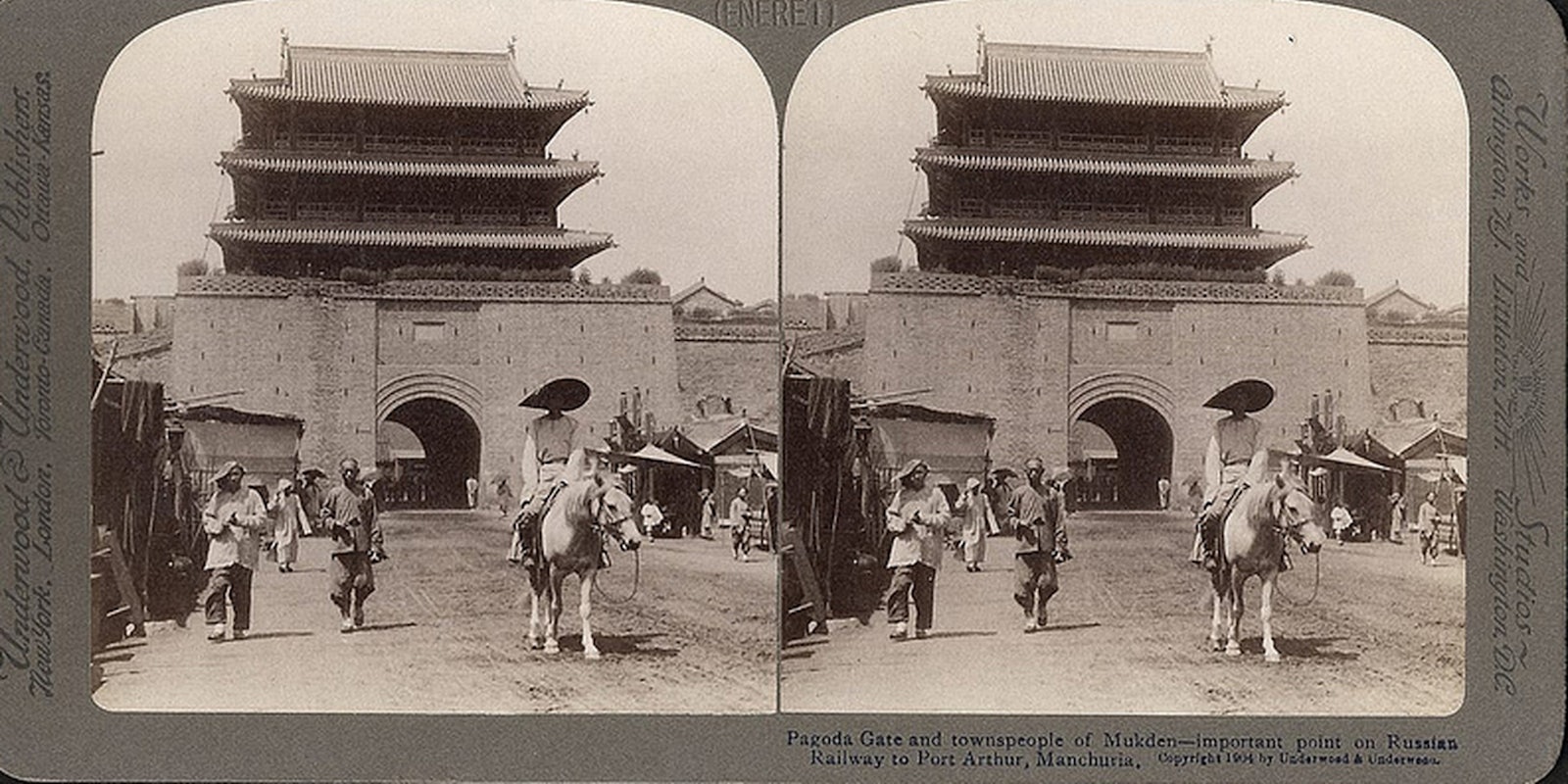The notorious Chinese hacker crew Honker Union reportedly threatened a spree of attacks on Japanese targets Wednesday, to commemorate the “Manchurian Incident’ that precipitated Japan’s 1931 invasion of China.
NHK, the Japan Broadcasting Company discovered a list of 270 hacking targets posted online. No news of successful attacks being carried out has surfaced.
Back in 2010, Chinahush mentioned a post on the official Honker Union website disavowing the same sort of action. The notice read in part, “Publicizing to launching cyber attacks against certain country can only give excuses for other country to establish network army and network forces… Any attack will be executed silently, rather than vigorously promoting it.”
Far from being a Chinese announcement, said the Honker Union statement, it is obviously the Americans. Or the Japanese.
But utilizing Occam’s Razor and the experience of watching Anonymous’s various incarnations and cadres sometimes operate at cross-purposes, it might be more sensible to assume some Chinese hacker or hacking group offshoot put the cart before the horse.
Last year, the Honker Union did hit Japanese targets, launching distributed denial of service attacks on 19 government sites, including the Ministry of Internal Affairs, the Ministry of Defence, and the Ministry of Communications ministry. It vandalized other websites, including that of the Japanese Supreme Court, with images of the Chinese flag.
The Manchurian incident (also known as the “Mukden Incident,” and in China as the “September 18 Incident”) was an agent provocateur action by the Japanese military to justify the invasion of China in 1931. A Japanese army lieutenant detonated dynamite near a railroad track serving a Japanese rail company. The blast was weak enough that it didn’t even interrupt rail traffic, but powerful enough it provide the looked for pretext for invasion.
Chinese hackers—not to mention mobs—have targeted Japanese owned or affiliated sites to vent their national fervor before. The country’s invasion by the Japanese around the time of the Second World War and the atrocious treatment the Chinese received at the hands of the occupiers remains a wound in the country’s psyche.
H/T The Register | Photo by Tekniska museet/Flickr


